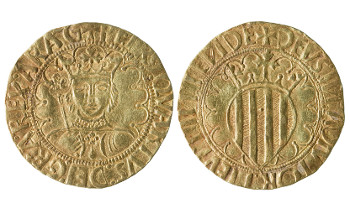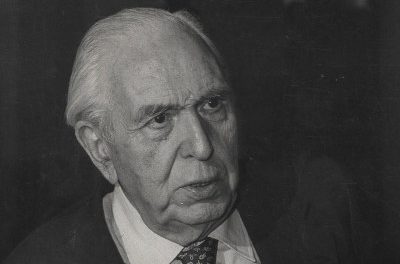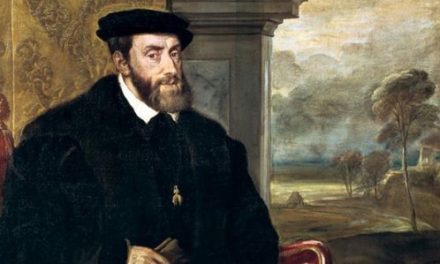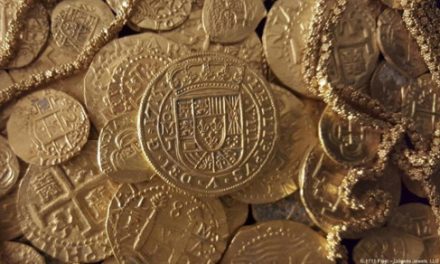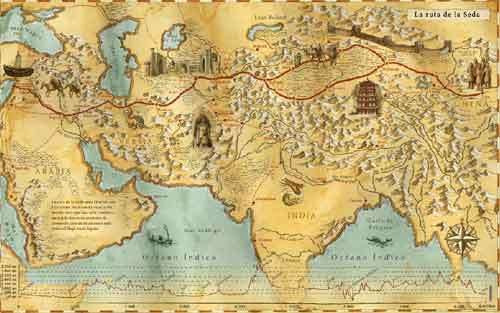 Joan Francesc Corona, full academician of the Royal European Academy of Doctors-Barcelona 1914 (RAED) and director of the Spanish Institute of Family Business, spoke about the announced recovery of tourism along legendary Silk Road during the 4th International Act-European Congress of Interdisciplinary Research of the RAED, held last July in various Mediterranean capitals. Corona presented the paper “La resurrección de la Ruta de la Seda” (The Resurrection of the Silk Road), in which he outlined the challenges and potential of this ambitious project promoted by the Chinese Government.
Joan Francesc Corona, full academician of the Royal European Academy of Doctors-Barcelona 1914 (RAED) and director of the Spanish Institute of Family Business, spoke about the announced recovery of tourism along legendary Silk Road during the 4th International Act-European Congress of Interdisciplinary Research of the RAED, held last July in various Mediterranean capitals. Corona presented the paper “La resurrección de la Ruta de la Seda” (The Resurrection of the Silk Road), in which he outlined the challenges and potential of this ambitious project promoted by the Chinese Government.
“In a speech delivered in 2013, the president of the People’s Republic of China Xi Jingping formalised the project to revitalise the old Silk Road, which undoubtedly represents the greatest challenge of the world economy for the 21st century, with the undisguised objective of definitively consolidating China as the great global power. The economic impact of the project is of a difficult scope to imagine, since it contemplates an authentic revolution in the infrastructures of transport of passengers, merchandise, raw materials, energy resources and advanced technology”, initiated the academician his intervention.
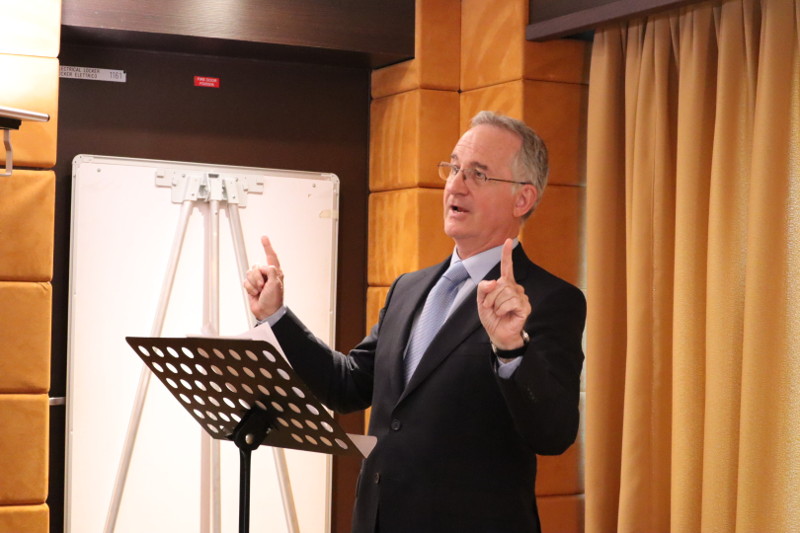
Dr. Joan Francesc Corona
For Corona, the real interest of this historic commercial route lies not only in the exchange of goods, but in the first great peaceful contact between civilizations and the connection between religions, art, culture and knowledge that was a great enrichment for the first time on a global level. Corona also highlighted in his work the zeal of the Chinese emperors in maintaining the monopoly on the secret of silk-making, to the point that the attempt to remove the secret from the country was punishable by death.
When defining the route, Corona explained that it was, in short, different routes. The main ones were by land, although there were also some sections of sea. The main land route, which operated almost continuously from the 2nd century BC to the 15th century AD, extended from the current Xian, in China, to Constantinople and Rome, and there are numerous variants of its extension both longitudinally and transversal.
The academician was captivated by the figure of Marco Polo, whom Kublai Khan, Mongol emperor who since 1260 had seized power in the Chinese empire creating the Yuan dynasty, made a person of his utmost confidence, to the extent that he granted an official position that allowed him to travel through extensive parts of the empire in order to prepare reports for the emperor.

